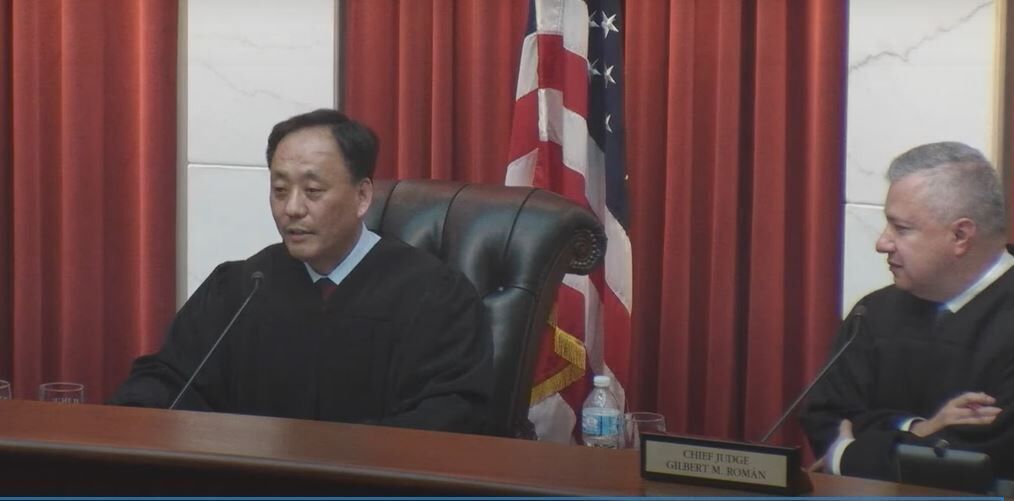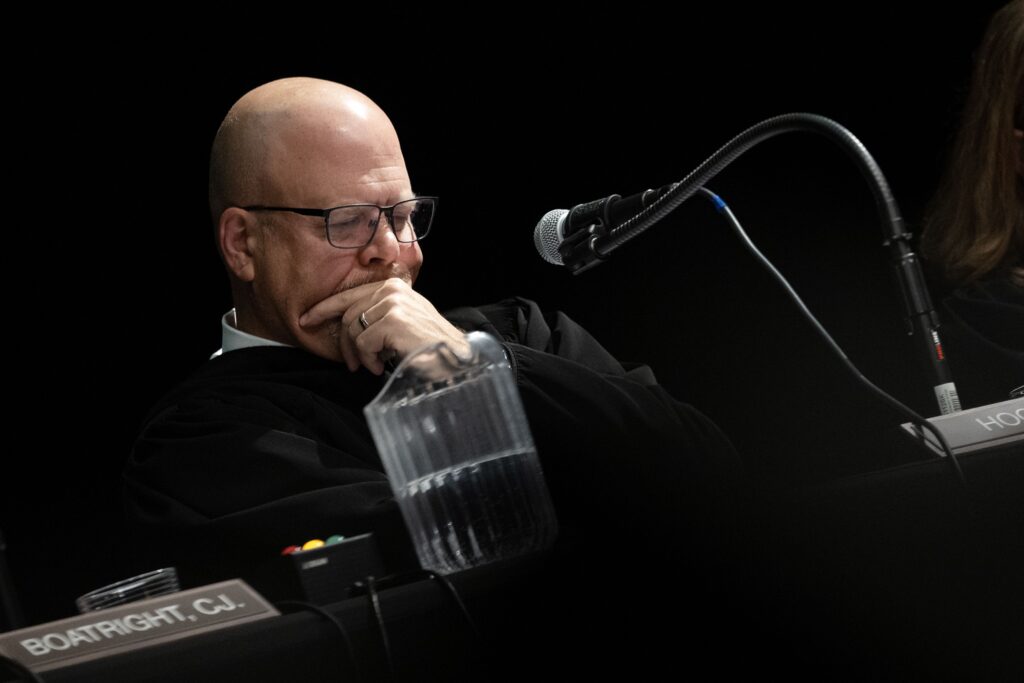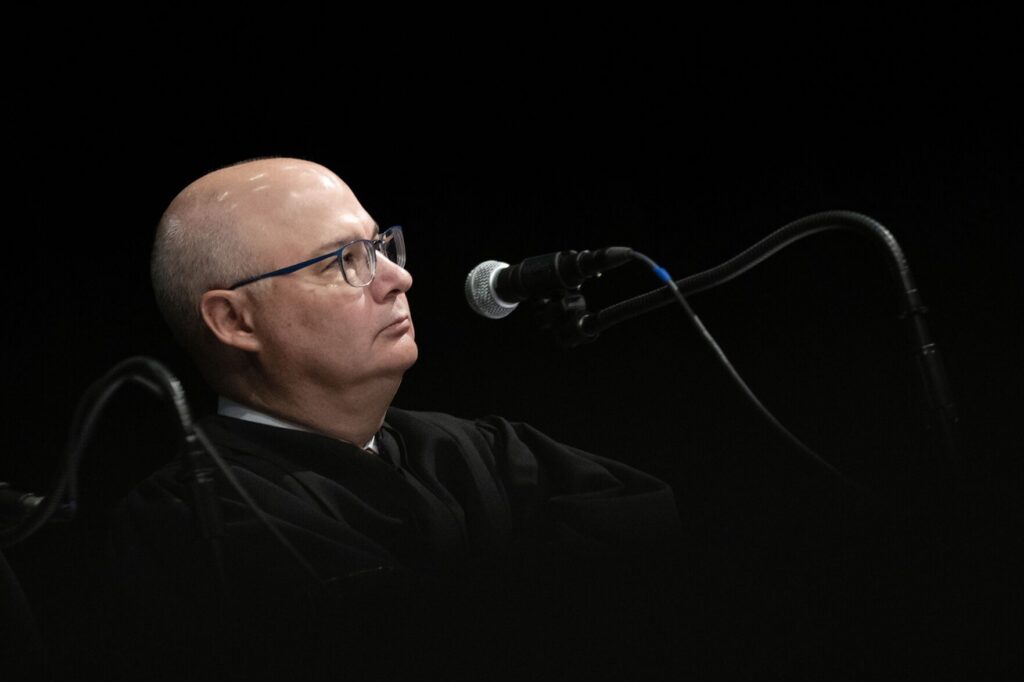Englewood police should return defendant’s $160.15 in cash, appeals court says
Colorado’s second-highest court agreed last month that Englewood police need to give a defendant back the $160 in cash they seized at the time of his 2004 arrest, and a trial judge must evaluate whether other personal items should also be returned to Gabriel Esparza.
An Arapahoe County jury convicted Esparza in 2005 of killing his wife, Tina Esparza. He is serving a life sentence.
In 2014, Gabriel Esparza requested the return of certain items police seized in their investigation. After the Court of Appeals weighed in, a trial judge ordered law enforcement to give back $9,300 in cash, photographs and personal records to Esparza by releasing them to his sister.
However, Englewood police alerted the sister they had other items belonging to Esparza. He then requested a list from prosecutors and in May 2022, asked for the remainder of his property back, including more family photos, file cabinets and $160 in cash.
The prosecution objected to the request, concerned that some items might rightfully belong to Tina Esparza’s children or be evidence of the original murder. Chief Deputy District Attorney Jason Siers noted Gabriel Esparza could seek postconviction relief at any point, meaning there was a possibility of a new trial.
Esparza should “expressly waive any and all rights, challenges, or objections” before getting his property back, Siers argued.
In a one-paragraph order, District Court Judge Joseph R. Whitfield Jr. declined to direct the return of Esparza’s property, citing the potential for further challenges to his conviction.
Representing himself, Esparza argued on appeal he “should not have to waive any constitutional or statutory right to seek further postconviction relief in order to receive the return of unused property.”
On July 11, a three-judge panel of the Court of Appeals reversed Whitfield’s order.
“This error is clear with respect to the $160.15 in cash. No reason was advanced for the court to refuse to return this cash,” wrote Judge Dennis A. Graham.
Although the prosecution on appeal did give a specific reason why one item — the victim’s diary — should not be given to Esparza, there was no explanation for why the remaining property needed to remain in law enforcement’s hands.
“As a result, we cannot determine whether the prosecution is entitled to retain the property, except with respect to the cash recovered from Esparza at the time of his arrest,” wrote Graham. “There does not appear to be any dispute that the cash belongs to Esparza, has no evidentiary value, and should not otherwise be retained by the government.”
The panel ordered Whitfield to evaluate whether the prosecution had sufficient reasons for holding onto the other items on Esparza’s list.
The case is People v. Esparza.











